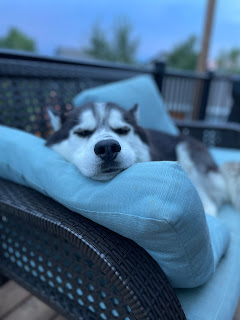This week at the SFF Seven, we're talking the business side of being a writer.
In our fantasies of being famous and beloved authors, we envision many things: bucolic writing sessions, romantic candlelit garrets with wine- and quill-strewn desks, celebrations with adoring fans, bookstore windows filled with our bestseller. (What's yours? I'd love to know!) We (or, at least, I didn't) don't picture ourselves slaving at the computer, going cross-eyed over royalty statements or struggling to ramp up on the newest social media trend.
Many of us creatives don't love the business side of being a writer. I mean, there's a reason we took literature, theater, and art classes in college instead of Economics, and that we only knew where the business school was because we occasionally had to meet one of our friends there. With a few exceptions, as creatives, business is not our favorite learn.
But we have to learn to do it and we have to learn to do it WELL.
If we don't, people will take advantage of us and, believe me, there are plenty lined up to do just that. There are ample cautionary tales of authors handing over the business aspects of their careers to someone else and losing everything. Even if it doesn't go that badly, we run the risk of making foolish choices out of ignorance.
How much time do I spend on the business aspect of my writing life? A lot. At least as much time as I spend actually writing, possibly even twice as much, or even three times. Because I'm a hybrid author, self-publishing my books counts as me running a small, highly exclusive publishing company. It takes hours every day. On the trad publishing side, even though I have an agent who is amazing and efficient, I still have to spend a fair amount of time on back and forth with her - all business. And then there's conventions and conferences, which are basically all business. Chatting with my author friends is fun and social, but also? Business.
The way I see it, since I write full-time and have no other job, anything I spend my time on that isn't drafting or editing words counts as business. I take it very seriously.











